# June 15: A Day That Shaped History
June 15 stands as one of history’s most eventful days, witnessing the rise and fall of empires, groundbreaking discoveries, and moments that shaped our modern world across centuries of human achievement.

Politics and Government Events on June 15
1920 – Northern Schleswig Transferred to Denmark
Following the 1920 Schleswig plebiscites, Northern Schleswig was officially transferred from Germany to Denmark. The peaceful transition marked a significant redrawing of European borders after World War I.
The transfer demonstrated the post-war commitment to democratic self-determination. Local populations had voted overwhelmingly to rejoin Denmark after decades of German rule.
1944 – First Socialist Government in North America Elected
The CCF party, led by Tommy Douglas, achieved victory in Saskatchewan’s general election. This historic win established the first socialist government in North America.
Douglas’s administration would later pioneer universal healthcare in Canada. The election marked a turning point in Canadian social policy and political philosophy.
1977 – Spain Holds First Democratic Elections After Franco
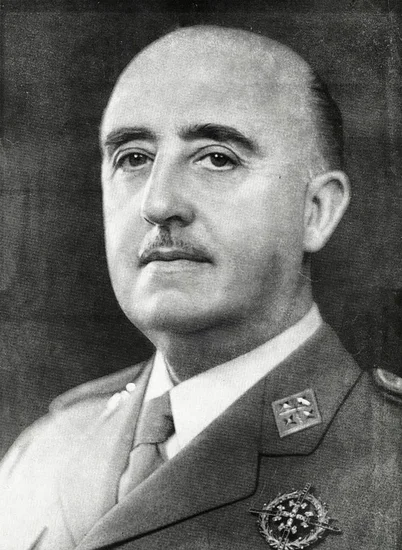
Spain conducted its first democratic elections following dictator Francisco Franco’s death in 1975. The historic vote marked the beginning of Spain’s transition to democracy.
Citizens enthusiastically participated in the electoral process after decades of authoritarian rule. The elections successfully established Spain’s new constitutional democracy.
1992 – Supreme Court Rules on International Extradition
The United States Supreme Court ruled in United States v. Álvarez-Machaín that forcible extradition from foreign countries was permissible. The controversial decision expanded American law enforcement jurisdiction globally.
The ruling sparked international debate about sovereignty and legal boundaries. Critics argued the decision undermined traditional diplomatic protocols and international law.
Military and Naval History on June 15
1940 – Operation Aerial Begins Allied Evacuation
World War II witnessed the launch of Operation Aerial as Allied troops began evacuating France. The operation followed Germany’s capture of Paris and occupation of most French territory.
The evacuation demonstrated Allied determination to preserve fighting forces despite strategic defeats. Operation Aerial saved thousands of troops who would later contribute to the liberation of Europe.
1944 – United States Invades Saipan
American forces launched their invasion of Saipan, the capital of Japan’s South Seas Mandate. The strategic assault marked a crucial step in the Pacific Theater campaign.
The invasion brought American forces dangerously close to the Japanese mainland. Saipan’s capture would provide essential airbases for long-range bombing operations against Japan.
1996 – IRA Detonates Manchester Bomb
The Provisional Irish Republican Army detonated a powerful truck bomb in Manchester’s city center. The explosion devastated the commercial district and injured over 200 people.
The attack shocked Britain and intensified pressure for peace negotiations. Despite the massive destruction, the bombing inadvertently accelerated the peace process in Northern Ireland.
Science and Discovery Milestones on June 15
1991 – Mount Pinatubo Erupts in Philippines

Mount Pinatubo exploded in the second largest volcanic eruption of the 20th century. The catastrophic event killed over 800 people and dramatically altered global climate patterns.
The eruption ejected massive amounts of ash and sulfur dioxide into the atmosphere. Scientists studied the event extensively, advancing understanding of volcanic impacts on global weather systems.
1904 – General Slocum Disaster Kills 1,000
A devastating fire aboard the steamboat SS General Slocum in New York City’s East River claimed 1,000 lives. The tragedy became one of New York’s deadliest disasters before September 11th.
The catastrophe led to major improvements in maritime safety regulations. Investigators discovered widespread negligence in safety equipment maintenance and crew training procedures.
1972 – Cathay Pacific Flight Bombed Over Vietnam
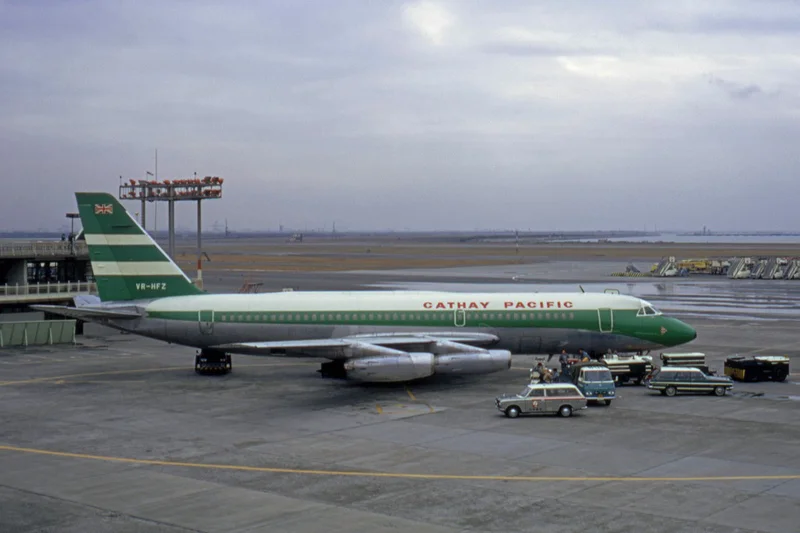
Cathay Pacific Flight 700Z was destroyed by a terrorist bomb over Pleiku, Vietnam, killing all 81 people aboard. The attack highlighted the dangers of international aviation during wartime.
The incident prompted enhanced security measures for commercial aviation. Airlines implemented stricter baggage screening and passenger verification procedures worldwide.
Cultural and Arts Events on June 15
1919 – First Nonstop Transatlantic Flight Completed
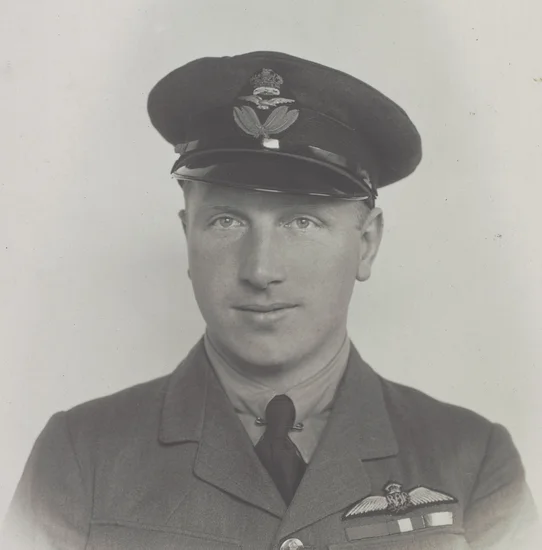
Aviation pioneers John Alcock and Arthur Brown completed the first nonstop transatlantic flight upon reaching Clifden, County Galway, Ireland. Their historic journey revolutionized international travel and communication.
The daring flight captured global imagination and accelerated aviation development. Their success demonstrated the potential for regular transatlantic passenger and mail service.
2013 – Quetta Bus Bombing Kills 25
A bomb exploded on a bus in the Pakistani city of Quetta, killing at least 25 people and wounding 22 others. The attack targeted civilians in the troubled Balochistan province.
The bombing highlighted ongoing security challenges in Pakistan’s southwestern region. Local authorities struggled to maintain peace amid sectarian violence and separatist movements.
1917 – Kristian Birkeland Dies, Leaving Scientific Legacy
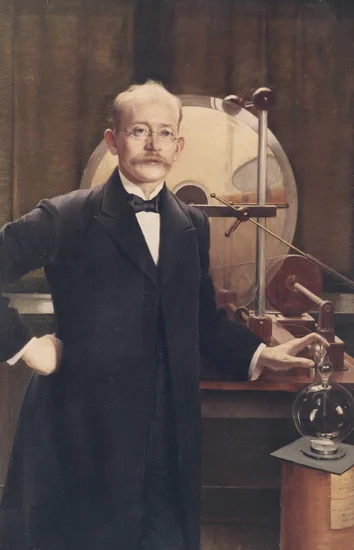
Norwegian physicist Kristian Birkeland passed away, leaving behind groundbreaking research on aurora phenomena. His work laid the foundation for modern space physics and magnetosphere studies.
Birkeland’s theories about solar wind and magnetic fields initially faced skepticism. Decades later, satellite observations would vindicate his revolutionary ideas about space weather.
Religious and Social Events on June 15
1941 – Evelyn Underhill’s Spiritual Legacy
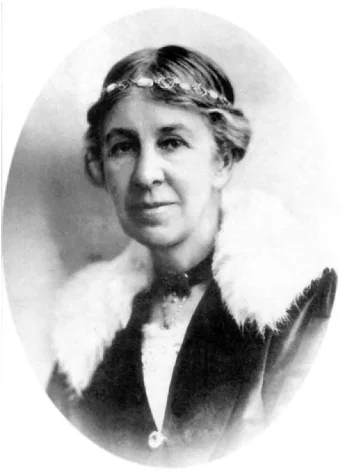
Renowned English mystic and author Evelyn Underhill died, leaving behind influential writings on Christian mysticism. Her works bridged academic theology and practical spirituality for countless readers.
Underhill’s books introduced mystical traditions to modern audiences seeking deeper religious experience. Her scholarly approach made complex spiritual concepts accessible to ordinary believers.
1945 – Count Albert von Mensdorff-Pouilly-Dietrichstein Dies
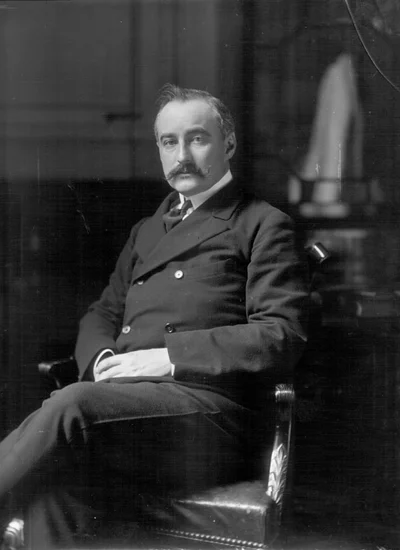
Austrian diplomat Count Albert von Mensdorff-Pouilly-Dietrichstein passed away, ending a distinguished career in European diplomacy. His death marked the end of an era in Habsburg diplomatic tradition.
The Count had served as Austria’s ambassador to Britain during crucial pre-war years. His diplomatic efforts reflected the complex alliances and tensions that shaped early 20th-century Europe.
1961 – Peyami Safa’s Literary Contributions End
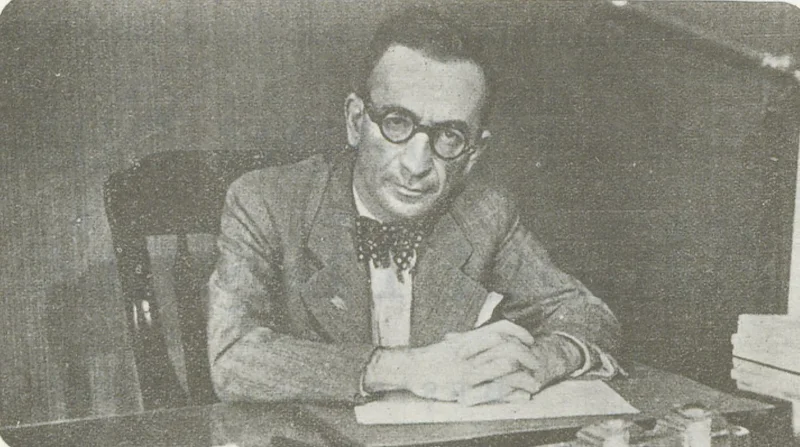
Turkish journalist and author Peyami Safa died, concluding a prolific career in Turkish literature. His novels and essays significantly influenced modern Turkish cultural identity.
Safa’s works explored the tensions between traditional and modern Turkish society. His writings helped define Turkish literary modernism during the republican period.
Business and Economic Events on June 15
1985 – Andy Stanfield’s Athletic Career Remembered
Olympic sprinter Andy Stanfield died, remembered for his contributions to American track and field. His athletic achievements inspired a generation of runners and coaches.
Stanfield’s success broke barriers in professional athletics during the 1950s. His Olympic victories demonstrated American sprinting dominance in international competition.
1989 – Maurice Bellemare’s Political Career Ends
Canadian lawyer and politician Maurice Bellemare passed away after decades of public service. His political career spanned crucial periods in Quebec’s modern development.
Bellemare championed workers’ rights and social justice throughout his legislative career. His advocacy helped establish important labor protections in Canadian law.
1991 – Arthur Lewis’s Economic Theories Remembered
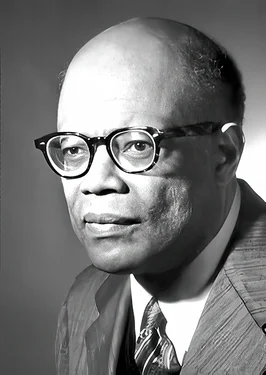
Nobel Prize-winning economist Arthur Lewis died, leaving behind influential theories on economic development. His work fundamentally shaped understanding of developing nation economics.
Lewis’s dual sector model explained labor migration between agricultural and industrial sectors. His theories guided development policies in numerous emerging economies worldwide.
Transportation and Infrastructure on June 15
1984 – Meredith Willson’s Musical Legacy

American composer Meredith Willson died, best known for creating “The Music Man” and other Broadway classics. His compositions celebrated American small-town values and optimism.
Willson’s musicals captured the spirit of early 20th-century American life. His songs remain popular in community theaters and school productions across the nation.
1996 – Ella Fitzgerald’s Jazz Legacy
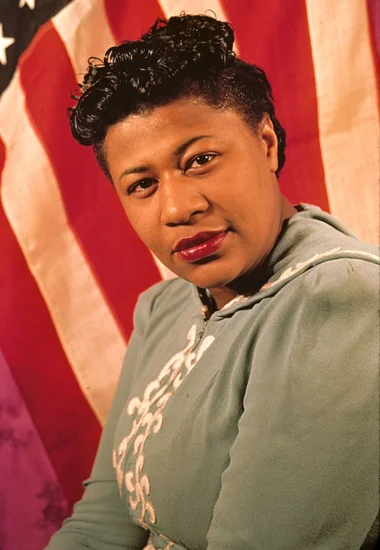
Legendary jazz singer Ella Fitzgerald passed away, ending an extraordinary career spanning six decades. Her vocal artistry and technical mastery earned her the title “First Lady of Song.”
Fitzgerald’s interpretations of American songbook standards set the gold standard for jazz vocals. Her scat singing and perfect pitch influenced countless singers across multiple genres.
1996 – Sir Fitzroy Maclean’s Military Adventures End
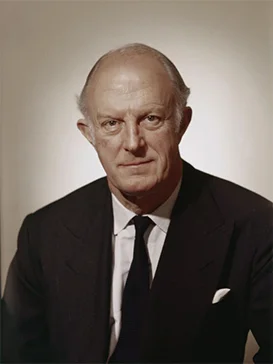
Scottish general and politician Sir Fitzroy Maclean died, concluding a life of military adventure and political service. His wartime exploits reportedly inspired Ian Fleming’s James Bond character.
Maclean’s missions behind enemy lines in Yugoslavia became legendary among special operations forces. His post-war political career continued his service to Britain and international diplomacy.
Sports and Recreation on June 15
1993 – James Hunt’s Racing Career Remembered

Formula One champion James Hunt died, remembered for his flamboyant personality and 1976 world championship. His rivalry with Niki Lauda became one of racing’s greatest stories.
Hunt’s aggressive driving style and charismatic personality brought new fans to Formula One. His championship victory over Lauda in 1976 remains one of the sport’s most dramatic seasons.
1968 – Wes Montgomery’s Guitar Innovations
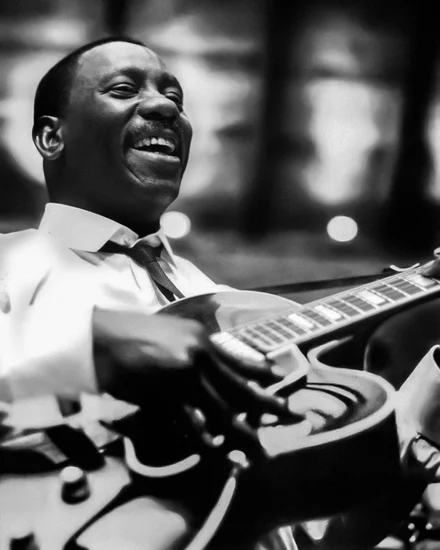
Jazz guitarist Wes Montgomery died, leaving behind revolutionary playing techniques that influenced generations of musicians. His thumb-picking style and octave melodies became signature sounds.
Montgomery’s innovative approach to jazz guitar earned critical acclaim and commercial success. His recordings bridged the gap between traditional jazz and popular music audiences.
1968 – Sam Crawford’s Baseball Legacy

Baseball Hall of Famer Sam Crawford died, remembered as one of the deadball era’s greatest players. His power hitting and base-running skills dominated early professional baseball.
Crawford’s career statistics reflected the aggressive style of early 20th-century baseball. His leadership on the field helped establish Detroit as a major league baseball city.
Notable Births on June 15
1914 – Yuri Andropov Born
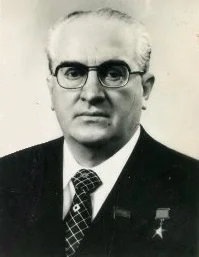
Future Soviet leader Yuri Andropov was born, destined to become General Secretary of the Communist Party. His childhood in revolutionary Russia shaped his political worldview.
Andropov would later lead the Soviet Union during a crucial period of the Cold War. His brief tenure as leader attempted to reform Soviet society and governance.
1920 – Alberto Sordi Born

Italian actor Alberto Sordi entered the world, becoming one of Italy’s most beloved comedic performers. His early life in Rome influenced his distinctive acting style.
Sordi would later embody the average Italian everyman in dozens of films. His performances captured the humor and struggles of post-war Italian society.
1932 – Mario Cuomo Born

Future New York Governor Mario Cuomo was born in Queens to Italian immigrant parents. His humble beginnings shaped his progressive political philosophy.
Cuomo would later deliver the keynote address at the 1984 Democratic National Convention. His “Tale of Two Cities” speech became a defining moment in American political rhetoric.
1944 – Miriam Defensor Santiago Born

Filipino judge and politician Miriam Defensor Santiago was born, destined to become one of the Philippines’ most respected legal minds. Her early education demonstrated exceptional intellectual ability.
Santiago would later serve as a senator and presidential candidate. Her legal scholarship and political courage earned international recognition and numerous awards.
1953 – Xi Jinping Born

Future Chinese President Xi Jinping was born in Beijing to a prominent Communist Party family. His early years coincided with China’s revolutionary transformation.
Xi would later rise to become General Secretary of the Communist Party and President of China. His leadership would reshape China’s role in global politics and economics.
1963 – Helen Hunt Born

American actress Helen Hunt was born in Culver City, California, beginning a journey toward Academy Award recognition. Her early exposure to Hollywood shaped her acting ambitions.
Hunt would later win an Oscar for her role in “As Good as It Gets.” Her television work in “Mad About You” also earned critical acclaim and Emmy recognition.
1969 – Ice Cube Born

Rapper and actor Ice Cube was born in Los Angeles, destined to become a pioneering figure in hip-hop culture. His South Central upbringing influenced his artistic perspective.
Ice Cube would later help revolutionize rap music with N.W.A and pursue successful acting careers. His work addressed social issues and urban life with unprecedented honesty.
1992 – Mohamed Salah Born

Egyptian footballer Mohamed Salah was born in Gharbia, beginning a journey to international soccer stardom. His early talent in local youth leagues caught scouts’ attention.
Salah would later become one of the world’s premier soccer players at Liverpool. His speed and scoring ability have made him a global ambassador for Egyptian football.
Notable Deaths on June 15
1941 – Otfrid Foerster Dies
German neurologist Otfrid Foerster passed away, leaving behind groundbreaking contributions to neurosurgery. His research advanced understanding of the human nervous system.
Foerster’s surgical techniques influenced generations of neurosurgeons worldwide. His work laid foundations for modern treatments of neurological disorders and brain injuries.
1971 – Wendell Meredith Stanley Dies
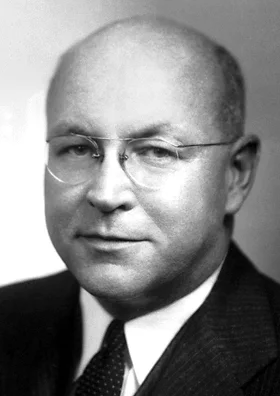
Nobel Prize-winning biochemist Wendell Meredith Stanley died, remembered for his revolutionary work on virus crystallization. His research fundamentally changed virology and molecular biology.
Stanley’s discoveries about tobacco mosaic virus earned him the Nobel Prize in Chemistry. His work demonstrated that viruses could be studied as chemical entities rather than living organisms.
1994 – Manos Hatzidakis Dies

Greek composer Manos Hatzidakis passed away, leaving behind a rich legacy of film music and popular songs. His compositions blended traditional Greek music with contemporary styles.
Hatzidakis won an Academy Award for his song “Never on Sunday.” His music captured the spirit of modern Greece while honoring traditional musical heritage.
2003 – Hume Cronyn Dies

Canadian-American actor Hume Cronyn died, concluding a distinguished career spanning theater, film, and television. His partnership with wife Jessica Tandy created legendary stage performances.
Cronyn’s versatility as a character actor earned him critical acclaim across multiple entertainment mediums. His work helped establish Canadian talent in American entertainment industry.
2019 – Franco Zeffirelli Dies
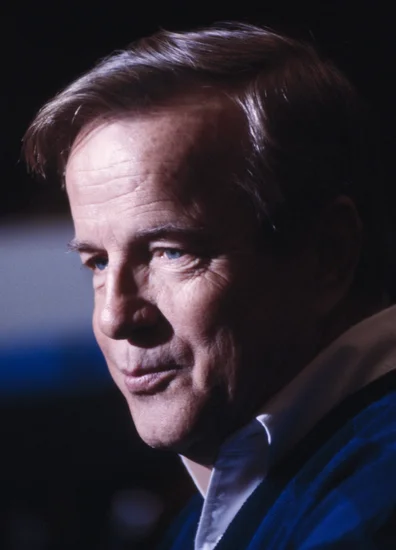
Italian film director Franco Zeffirelli passed away, remembered for his sumptuous visual style and Shakespearean adaptations. His operatic background influenced his cinematic approach.
Zeffirelli’s “Romeo and Juliet” won Academy Awards and introduced Shakespeare to new generations. His work bridged high art and popular entertainment with unprecedented success.
2023 – Glenda Jackson Dies

English actress and politician Glenda Jackson died, concluding an extraordinary dual career in entertainment and public service. Her fierce intelligence defined both her artistic and political work.
Jackson won two Academy Awards before entering Parliament as a Labour MP. Her transition from acclaimed actress to respected politician remained unique in British public life.
Holidays and Observances on June 15
Day of Valdemar and Reunion Day in Denmark
Denmark celebrates Flag Day, commemorating the legendary appearance of the Dannebrog flag during the Battle of Lyndanisse in 1219. The holiday honors Danish national identity and heritage.
The observance includes flag ceremonies and patriotic celebrations throughout the country. Danish communities worldwide participate in commemorating their national symbol and history.
Engineer’s Day in Italy
Italy recognizes the contributions of engineers to national development and technological progress. The celebration honors engineering achievements in infrastructure, manufacturing, and innovation.
Professional engineering societies organize conferences and public events highlighting engineering accomplishments. The day promotes interest in engineering careers among young students.
Global Wind Day International

The international community celebrates wind energy and its potential for sustainable development. The observance promotes awareness of renewable energy solutions and environmental protection.
Countries worldwide host events showcasing wind power technology and environmental benefits. The day encourages investment in clean energy infrastructure and climate action.
